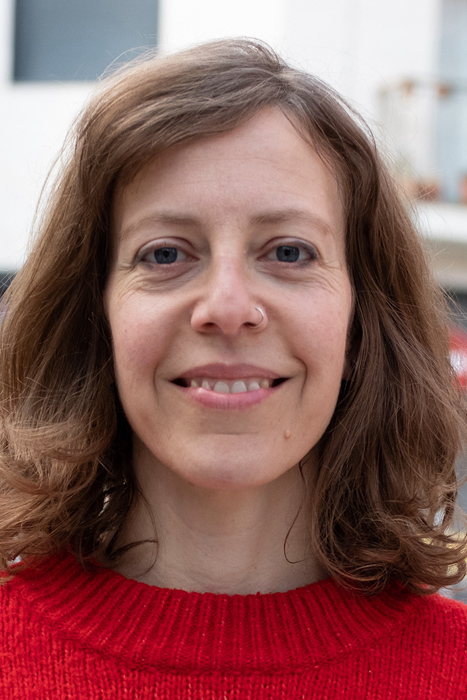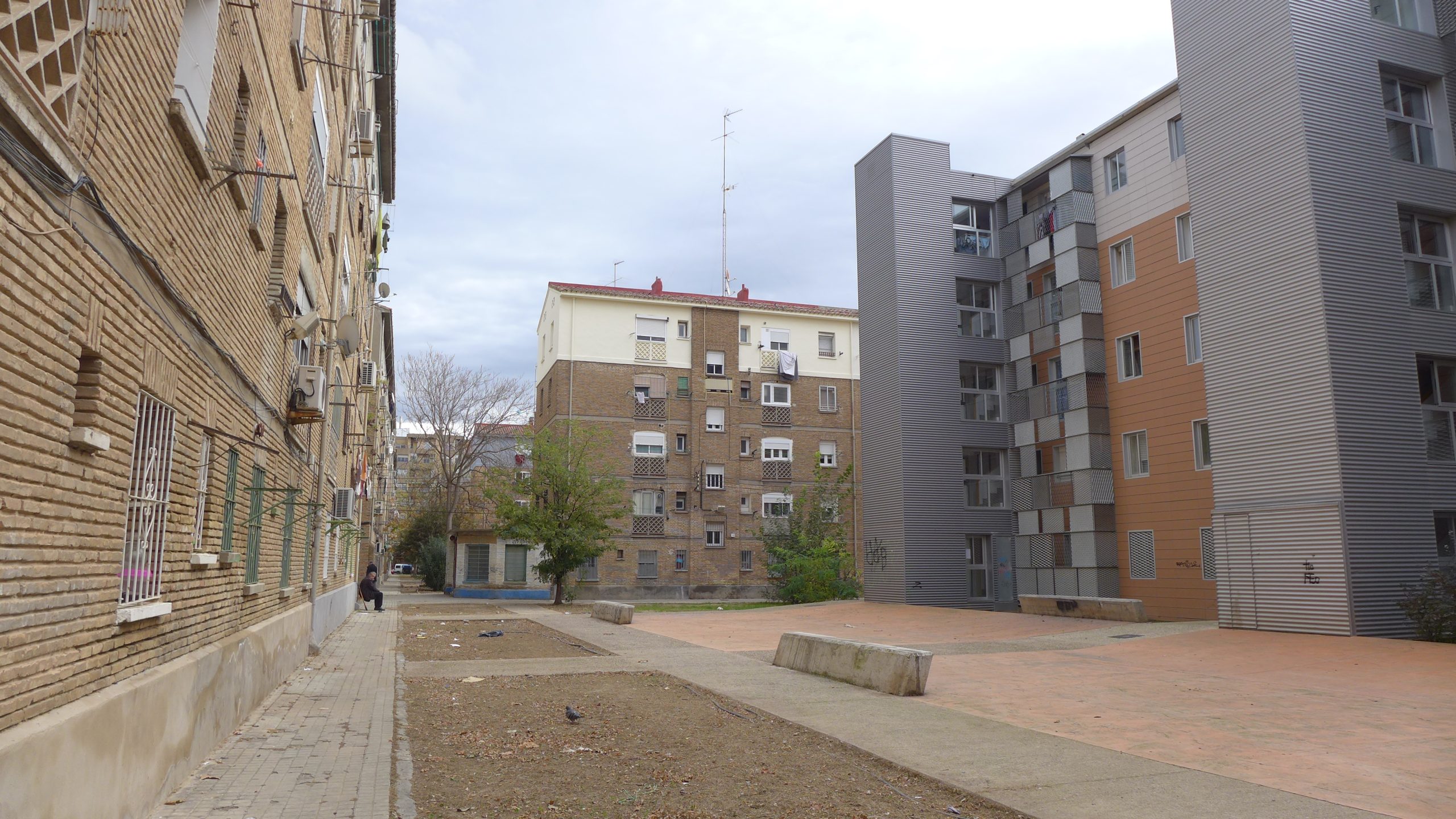This month we continue our series of posts aimed at presenting the most recent research developments of the Lab’s Core Team. We are going to feature all of our researchers, who are working as part of the ERC Inhabiting Radical Housing (IRH) project, the FARE Precarious Housing in Eastern Europe project, or that are pursuing their own individual Marie-Curie or USF fellowships.
We continue with Dr Melissa García-Lamarca, a former Marie-Curie Fellow at the Lab.
Melissa García-Lamarca was a Marie Skłodowska-Curie Fellow at the Polytechnic of Turin before joining Lund University (Sweden) as an Associate Senior Lecturer in January 2024. Her Fellowship centred on the project titled Climate just housing: Towards more sustainable urban environments for all, which sought to understand how the experience of vulnerable urban residents can help cities tackle climate change in more just and equitable ways. As a path to improve understanding of the urban justice implications of EU climate policy, the project aimed at generating empirical and theoretical knowledge about vulnerable urban households’ experiences of housing and climate injustice through a case study of a neighbourhood undergoing large-scale housing renovation in Cornellà de Llobregat, a city in the Barcelona metropolitan area awarded with the EU Green Leaf city prize in 2019.
Melissa’s research in 2023 focused on two dimensions. First, she mapped the 3.4 billion euros in NextGeneration funding for housing energy efficiency renovations coming from Europe into the Spanish state, and specifically Catalonia, in order to understand who is receiving what funding, the actors involved and ultimately how household vulnerability is (or is not) being considered. And second, the everyday lived dimension of housing rehabilitation for vulnerable households through ethnographic research in Cornellà. Melissa looked at these two dimensions during seven months of fieldwork, where she undertook 25 interviews with key informants from the public, private and community sector, made over a dozen observation and learning visits to Cornellà, attended over a dozen community and professional meetings, held a focus group and visited Santa Coloma (Catalonia) and Zaragoza (Aragon) to learn about model housing renovation projects led by local governments in the past decade.

Also in 2023, during her Fellowship, four co-authored articles from previous research were published in Antipode, Geoforum, the Journal of Urban Affairs, and Ecosystem Services, as well as a book chapter on housing and welfare in Catalonia. Melissa’s monograph published by the University of Georgia Press in 2022 was translated into Spanish and published by Bellaterra Edicions in summer 2023.
As Melissa only carried out one of the two years of her Fellowship, she is working on project outputs during 2024. Aside from two academic papers underway, she will write a policy brief in Spanish and in Catalan targeted to housing and urban policy-makers and practitioners at the local, regional and national levels in Catalonia and across Spain providing a preliminary analysis of the European Green Deal funds for housing renovations, sharing good practices in reaching and working on housing rehabilitation with vulnerable urban households, and broader key elements to ensure a just transition. Thanks to the support of her Fellowship, she created a personal website to gather her past and future outputs.
Recent publications
Ferreri, M. and García-Lamarca, M. 2023. Radical Methodological Openness and Method as Politics: Reflections on Militant Research with Squatters in Catalonia, Antipode.
Ruiz Cayuela, S. and García-Lamarca, M. 2023. From the squat to the neighbourhood: Popular infrastructures as reproductive urban commons, Geoforum.
García-Lamarca, M., Anguelovski, I. and Venner, K. 2022. Challenging the financial capture of urban greening. Nature communications.
Picture: “Housing renovation in Las Fuentes, Zaragoza, Aragón”, García-Lamarca 2023

